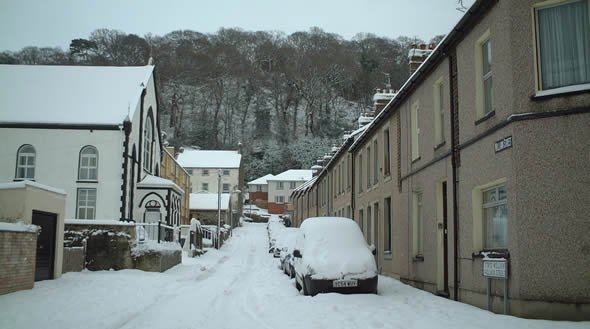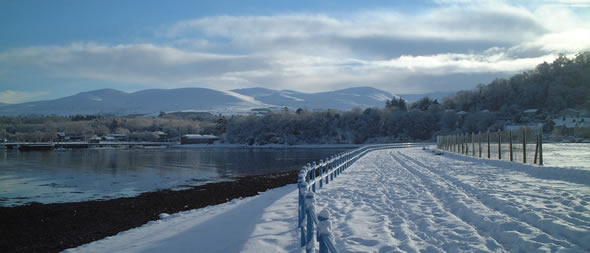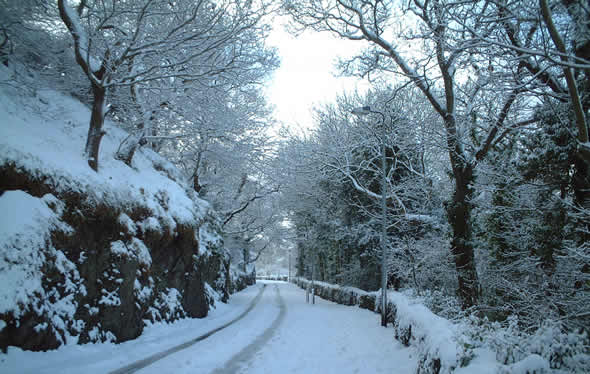According to an article I found today, the Irish government has a strategy, launched yesterday, to increase the number of regular speakers of Irish in Ireland by a factor of three over the next 20 years. Apparently there are currently about 83,000 who speak Irish on a daily basis, and the government would like this number to increase to 250,000 by 2030.
Their aims are:
- – to increase the number of families throughout Ireland who use Irish as the daily language of communication
- – to provide linguistic support for the Gaeltacht as an Irish-speaking community
- – to ensure that in public discourse and in public services the use of Irish or English will be, as far as practical, a choice for the citizen to make
- – to ensure that Irish becomes more visible in society, both as a spoken language by citizens and also in areas such as signage and literature.
Details of the strategy can be found at:
http://www.pobail.ie/en/IrishLanguage/Strategy/Strategy.pdf (English)
http://www.pobail.ie/ie/AnGhaeilge/Straiteis/Strait%C3%A9is.pdf (Irish)
I haven’t read it all in detail, but it looks like there are plenty of good ideas in there. Whether they can all be implemented and how well is another matter. Reversing a language shift that has been going for centuries is a difficult process.




